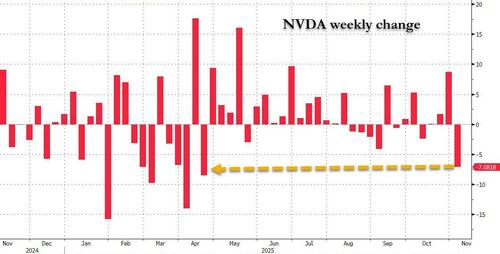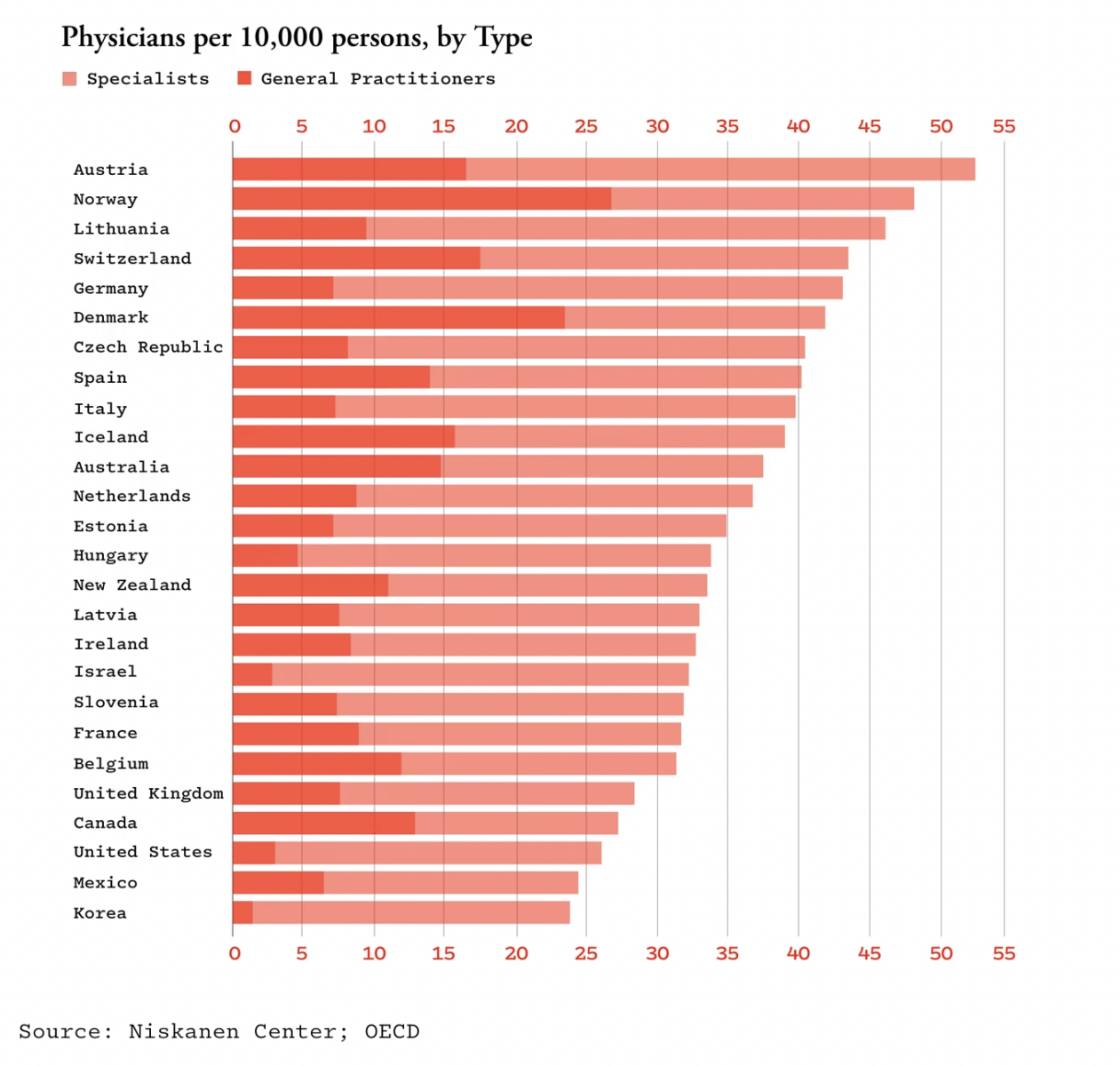If you ask many single women to truly describe what they’re looking for in a mate, “masculine” is likely to be on the list. And yet, for many progressive women — especially those on the feminist left — any form of typical masculinity is seen as undesirable.
Take a recent article in The New York Times headlined: “Silicon Valley Slides Back Into ‘Bro’ Culture,” by tech and venture capital reporter Erin Griffith. In the piece, Griffith shares concern over the “openly defiant [and] combative” behavior among “tech’s most powerful elite.” Calling out the CEO of Meta, Griffith writes, “Mark Zuckerberg spent hours touting his love of jiu-jitsu, wrestling and UFC on Joe Rogan’s podcast, which is known for its hypermasculinity.” Griffith argues that the conversation “seemed designed for maximum outrage,” adding “Zuck likes to wrestle with his buddies?”


As a fan of Rogan’s podcast, I was confused by the reporter’s portrayal of the conversation, and listened again in search of all that supposed “hypermasculinity.” Zuckerberg said he began practicing jiu-jitsu about a year ago to help him “focus physically and intellectually” and clear his mind for work. He even got his two young daughters to take up the mixed martial art. As for Rogan, he’s a Brazilian jiu-jitsu black belt, and the two men bonded over the benefits of the sport, one even the NIH says improves symptoms of PTSD, depression, and anxiety.

Jiu-jitsu isn’t about Rogan and Zuckerberg enjoying a dangerous form of masculinity; it’s a practice for improving physical, mental and emotional well-being. The practice calms a man’s innate aggression, it doesn’t feed it.
This reframing of typical male behavior as toxic has seeped into everyday life. Approach a woman at a bar and men risk getting called a creep. Act chivalrous on a date, and she may end up branding you sexist. Be lustful with a woman and she can, as was the 2018 case of actor Aziz Ansari, accuse you of sexual assault. Why develop into the type of masculine man women want, when masculinity itself is now so heavily pathologized?

Indeed, masculinity is now so often labeled “toxic” that men are retreating into their proverbial “parents’ basement,” said Richard V. Reeves, author of “Of Boys and Men: Why the Modern Male Is Struggling, Why It Matters, and What to Do about It.” In his book, Reeves, a senior fellow in economic studies at the Brookings Institute, draws attention to how boys and men are falling behind academically and professionally. He also explores why men are checking out of dating, mating and for some, life entirely. As he sees it, the term “toxic” is added to “any behavior the user of the term doesn’t like.” Even “stereotypical” male activities like being rowdy with friends or building muscle strength, is mislabeled as “toxic” or “hyper.”
“Imagine what it’s like to be a young man who is constantly demonized with puritan-style policing just for being himself,” Reeves said.

It’s no wonder, Reeves says, that “men are lost,” and find comfort with other disenfranchised men online — rather than risk connecting with the young women with whom they may want to form families.
“Disenchanted men . . . can be led deeper and deeper into what has been labeled the “manosphere,” and find groups like MGTOW (Men Going Their Own Way), Reeves writes in his book. These men reject relationships with women, disavow sex, earn just enough to get by until finally, they “completely disengage from society.”

Despite their role in man-bashing, radical feminists and progressives like the folks at the Times take no responsibility for marginalizing men and masculinity. “If anything,” Reeves writes, “progressives have more to answer for here, by either neglecting male issues altogether or by blaming them on toxic masculinity.”
Fortunately, Reeves is optimistic that the tide can turn, and his solution is simple: “Women need to stop pathologizing men and masculinity.” When women give men the space to be their full selves (masculine selves included) men will “step up” and out of their shells.
“We don’t need to . . . say things [to men] like ‘You go, boy!’ when they do something right,” Reeves continues. “We simply need to stop making them feel like there’s something wrong with them for being male.”
Melanie Notkin is the author of “Otherhood: Modern Women Finding a New Kind of Happiness.”















